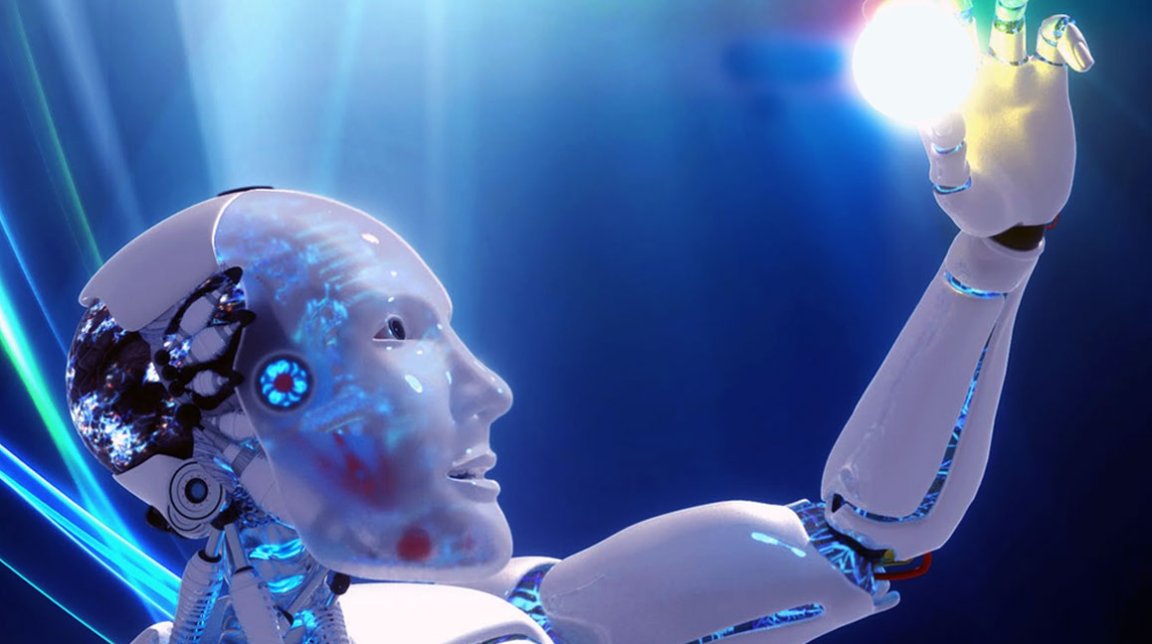
AI Challenges Man, Government, and Economy
The rapid development of artificial intelligence has several benefits in productivity and enhancing different technological fields. But with these advancements comes a threat that at some point, automation will almost completely eradicate the need for human employees.
US Congress Chairman Dan Coats opens the discussion on technological revolution: “Recent technological developments have been pushing the envelope faster and further than was expected even a decade ago, making what was once thought of as science fiction a reality.”
He then zeroes in on robotic machines and how the development of AI contributes to the pressures arising from the changing labor force, challenging government policies as robots fill in for humans.
Chairman Coats outlines several questions that should be considered such as fostering innovators to thrive, social safety net, as well as the adaptation of workers at a time when they are beginning to become far more expensive, and somewhat inferior than sophisticated automation. One very important question he asks is whether the current education system is preparing the young generation for the future economy.
Basic Income: The New Default?
The perceived threat that AI poses against humans in the labor force has prompted several discussions on how countries will provide security to its citizens as robots rise to take their place. Some argue that, like at the time of the Industrial Revolution, jobs will be destroyed but more jobs will rise up in their place. But some say that automation is destroying jobs way faster than it can create new ones.
Very recently, Switzerland conducted a referendum on a universal basic income (UBI) that aims to provide citizens with a welfare check that would cover basic necessities in case automation renders some people jobless. A majority of the Swiss voted “no” on this proposal.
The idea of basic income challenges the current state of welfare in that it dictates that everyone, regardless of need and economic status, should be provided basic necessities by the government by default. Everything else that a person works for should be allocated to improving the base lifestyle, instead of merely sustaining basic survival. Similar trial programs on basic income are being conducted in Canada, US, and others.
Watch this discussion on the impact of automation on jobs, the economy, and the government policies surrounding these aspects of our civilization.
